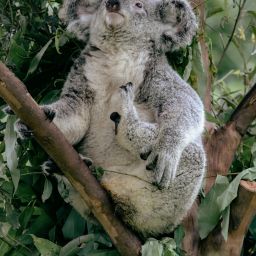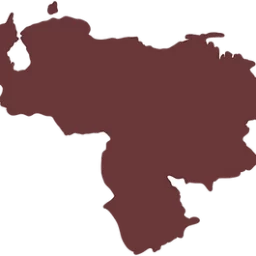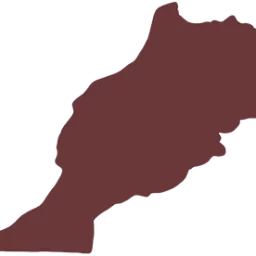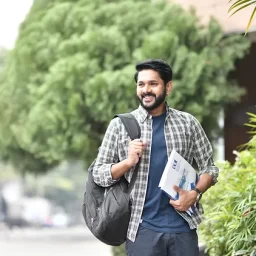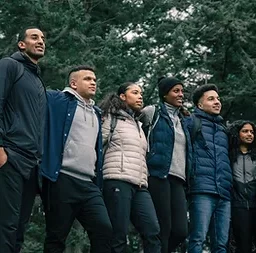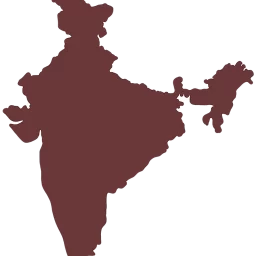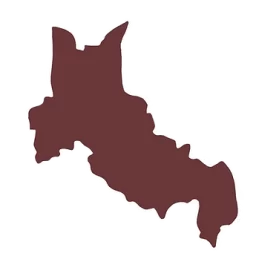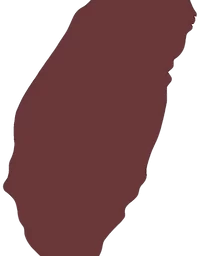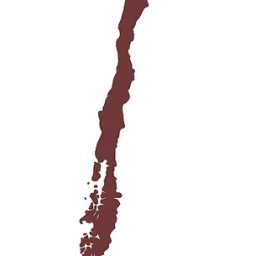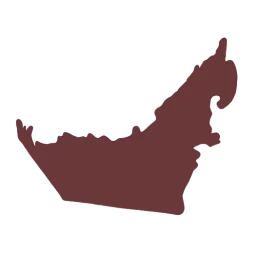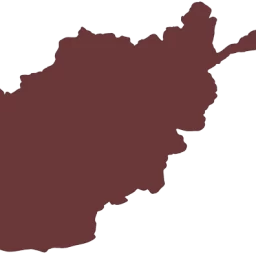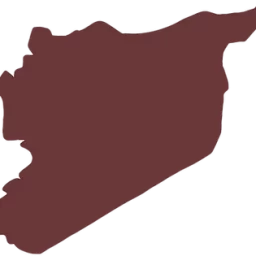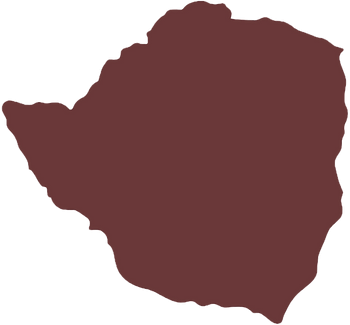
I was ten when I left Zimbabwe to join my parents in Canada. They had built a life for us in Canada while I stayed home with my aunt and uncle. I was very young when I left home and remember little of my old life. However, one or two things stick out to me now that I’m older. For one, I am reminded of the 2008 general elections in which dictator Robert Mugabe was re-elected to his seat as president in an undemocratic process. Due to the political violence surrounding the elections, we weren’t allowed to leave the house, and when we went to school, we had to come straight back. The stories made international headlines. Even now that Mugabe is gone, the same repressive, illiberal election tactics permeate Zimbabwe. I was privileged, however, to be raised in a household full of family that valued education. I was thrilled to finally be able to reunite with my parents in 2012. While immigration and obtaining my citizenship when I turned 18 was a long process, I was motivated.

Surrendering my Zimbabwean citizenship was difficult. It felt like I was giving up one of my only remaining attachments to the country of my childhood. Due in part to the COVID-19 pandemic, I have not returned to visit Zimbabwe since I immigrated. Although I miss my extended family and I’ve had periods of homesickness, my life and parents are here. In the back of my head, it can be difficult not to wonder what I’m missing out on. I am continuously reminded of the food, language, and togetherness. While I have considered moving back at times, I also acknowledge that life in Zimbabwe is hard, and I’ve become used to simplicity and ease.

All in all, Canada has opened my eyes to a land of opportunity. I am grateful to have a roof over my head and a sense of stability and future. Part of that has involved investing in my education. While I’m currently obtaining a degree in political science, I started out in economics (mostly due to a sense of obligation toward my parents). With my concentration in political science, I can create public policy change and help others. This, to me, is more important than obtaining a high-paying job. The lessons I have learned at school and my connections here will last a lifetime. University opened my eyes to the values of parliamentary democracy and liberalism, even if imperfectly executed. Now that I have obtained my citizenship, I can’t wait to participate in the upcoming elections, knowing my vote will count.
Please note that certain facts have been altered for anonymity This story is a collaborative effort between Sophia Vitter and Leah Moyo


